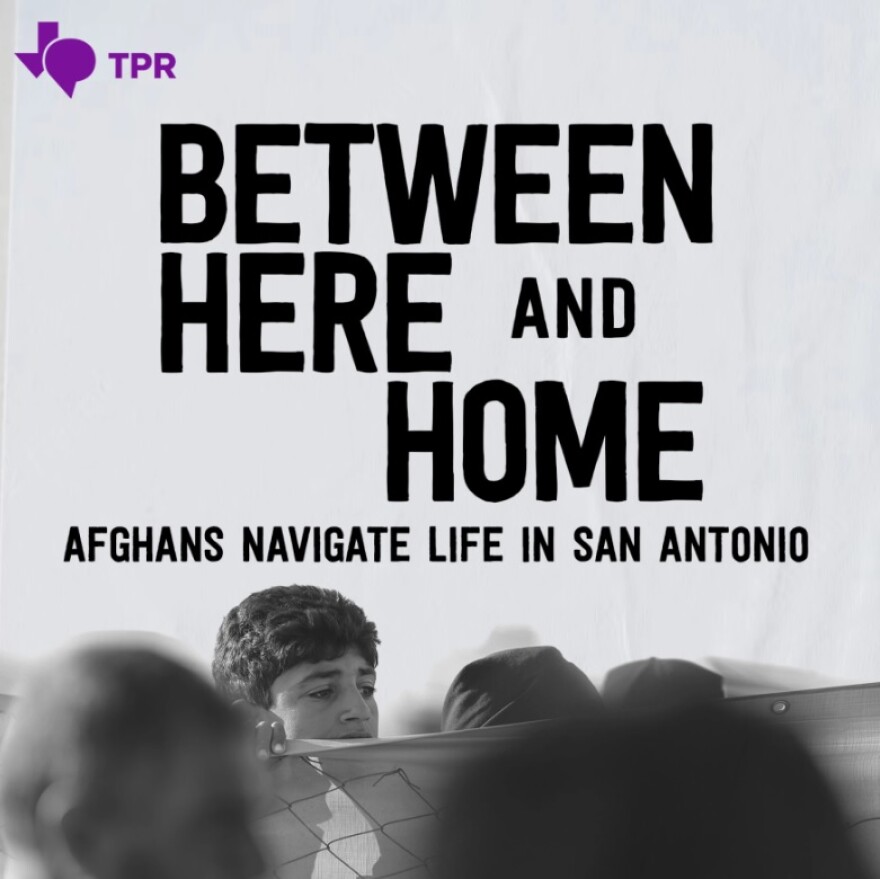When Afghanistan fell to the Taliban in August 2021, it had a devastating impact on Afghans who had been working with the United States. Many of these Afghans were interpreters, translators, and other contractors who had helped the U.S. military and other government agencies. They were now at risk of brutal retaliation from the Taliban, who considered them to be collaborators. The Taliban has a long history of targeting Afghans who have worked with the U.S. In the past, the Taliban has tortured and killed Afghans.
As a result, many Afghans who had worked with American forces fled their country and looked to the U.S. for asylum. But many Afghans fleeing the Taliban are not finding a smooth and welcoming experience.
There are numerous legal challenges with the immigration system. Afghans who came to the United States under humanitarian parole are not eligible for permanent residency or citizenship. This means that they are not able to work legally, they cannot travel outside of the U.S., and they are at risk of deportation. The immigration court system doesn’t automatically recognize that some Afghans fleeing the Taliban have a legitimate claim to refugee status.
There are also financial burdens for the Afghans who make it to the United States and try to resettle. Finding affordable housing is a common problem. The cost of housing is high, and many Afghan refugees are struggling to find affordable housing. This is especially true in areas where there are large populations of Afghan refugees, such as California and Northern Virginia. Many Afghan refugees have difficulty finding jobs that match their skills and experience. This is due to a number of factors, including the language barrier, lack of education and training, and discrimination.
Many Afghan refugees have experienced trauma, both in Afghanistan and during their journey to the United States. This can lead to a range of mental health challenges, such as anxiety, depression, and post-traumatic stress disorder (PTSD).
About 76,000 were evacuated from Kabul airport on U.S. military planes in one of the largest airlift operations in history. Others made dangerous journeys through Central and South America to reach the U.S. southern border. Whatever route they took, they carried little more than hope for better lives and brighter futures.
San Antonio, a military city with unique ties to the post-9/11 wars, was the fourth largest resettlement area for Afghans after the fall of their country. But arrival in a new land doesn’t guarantee stability. Some Afghans are languishing in bureaucratic limbo, while others have taken tentative steps to rebuild their communities.
This special series from TPR News explores challenges they've faced and the ones still ahead of them: the immigration processing delays, the cultural differences, the future prospects for their children -- and how their experiences enrich the San Antonio community.
Guests:
Carson Frame is the Military and Veterans Issues reporter for TPR.
Paul Flahive is the accountability reporter for TPR.
Margaret Constantino is the Executive Director of Center for Refugee Services.
Azim Jan is current president of the San Antonio Afghan Association, a 501c3 representing 4000+ Afghans in our city.
Jonathan Ryan is an immigration attorney and founder of the organization Advokato. Advokato connects people with high quality legal help, promotes the cultures of the people they serve, and builds power against inequity now and in the future.
"The Source" is a live call-in program airing Mondays through Thursdays from 12-1 p.m. Leave a message before the program at (210) 615-8982. During the live show, call 833-877-8255 or email thesource@tpr.org.
*This interview will be recorded on Monday, June 20.



